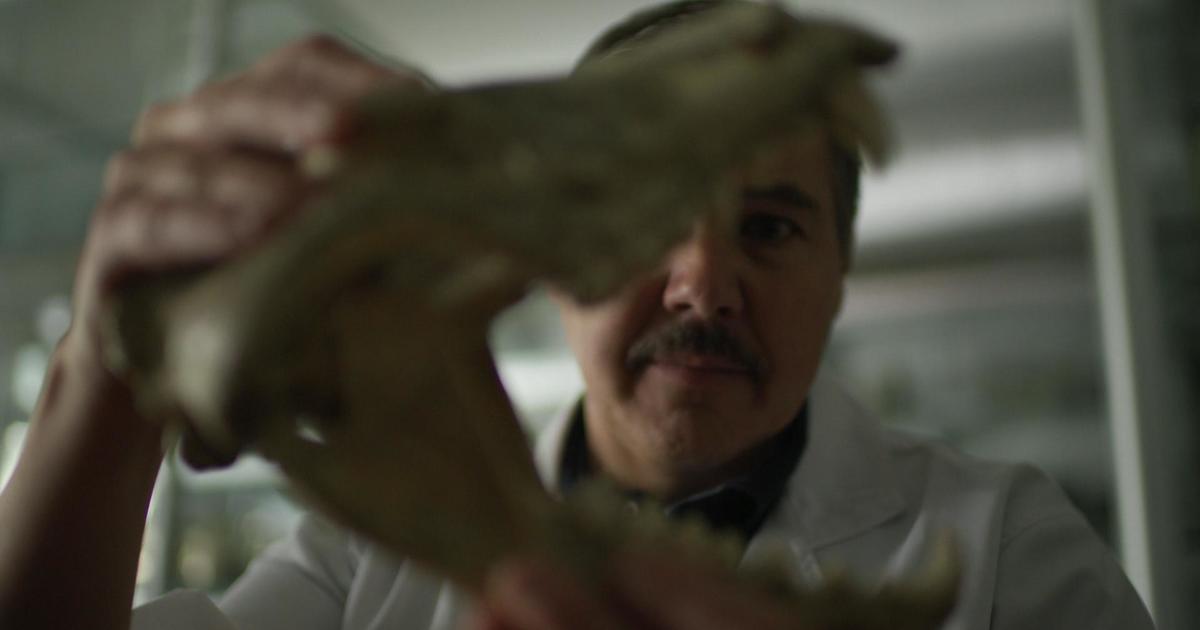Woman stumbles upon massive snake mating ball in North Carolina
While out on a walk on a popular running trail Monday morning, Jessica Jackson spotted something moving in the shrubs beside her.
When she stopped to take a closer look, the Charlotte, North Carolina, woman gasped.
Rolling around in the bushes was a large ball of snakes -- all different kinds, sizes and colors.
Jackson snapped a photo, which went viral online after it was shared by a local resident on Twitter, according to CBS affiliate WBTV in North Carolina. It was an unusual sight, but joggers say snake sightings are frequent in the area.
Jogger Bryan Neil said he came across one the same morning.
“Right under the tunnel is a black snake probably about three or four feet long that scared the crap out of me,” Neil said.
While a “ball of snakes” may seem frightening, it’s actually not that rare of an occurrence, especially in the spring.
“Snakes are coming out of hibernation and they’re beginning to mate,” David Crowe of Critter Control in Charlotte told WBTV. “So they’re sunning in very obvious places.”
When males catch the pheromone scent of a female, they will swarm over her, forming a “mating ball,” a Live Science report explains. The males then engage in non-violent combat -- placing their chins on the top of the other males’ heads and pushing down -- in order to win the mate.
After mating, the female may store sperm for over a year, and somehow choose which male’s sperm she wants to use to fertilize her eggs, according to Live Science.
While the snakes may surprise runners, they don’t pose much of a threat.
There are 37 species of snakes that are native to North Carolina, only 6 -- the copperhead, cottonmouth, pigmy rattler, canebrake, diamondback and coral snake -- are venomous.
These snakes appear to be a mix of brown water snakes and northern water snakes, known for living in and along water and feeding on sick and injured fish.
“When the snake sees movement or is disturbed, it will drop quickly into the water,” according to North Carolina State University research.



